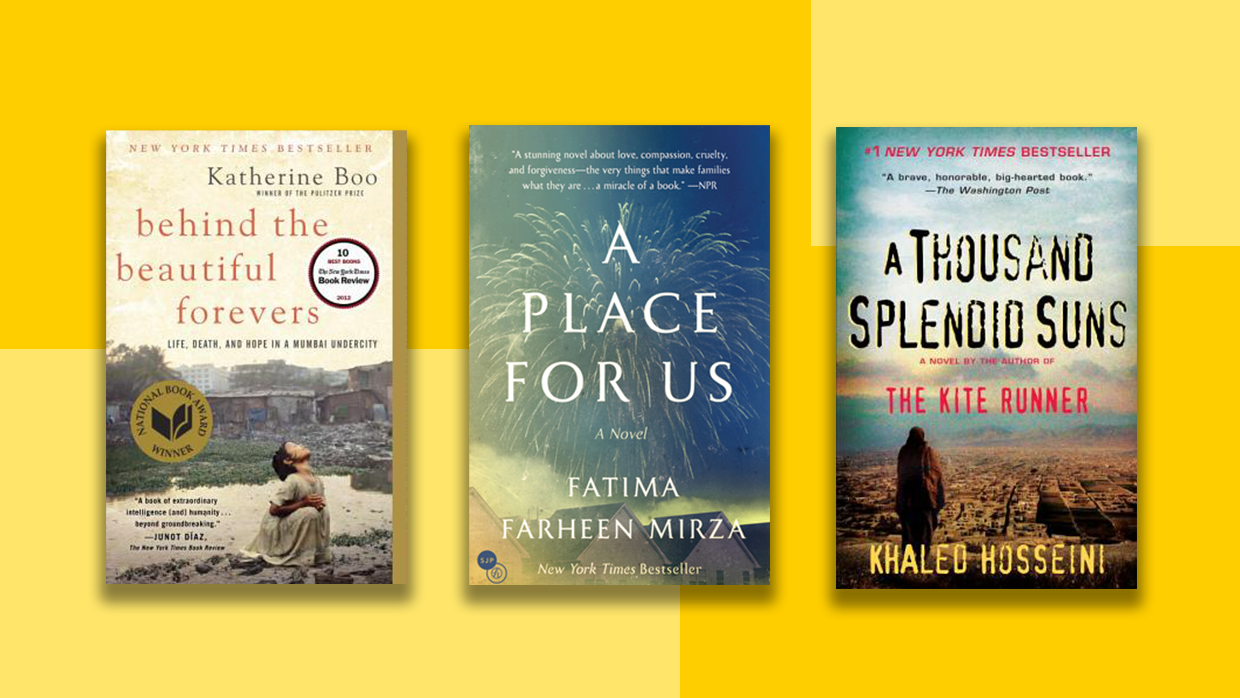My initial inspiration behind writing “Such A Fun Age“ was exploring the number three within a literary framework. This included the power of three in fairy tales and storytelling, the awkwardness of love triangles and third-wheel company, and the aesthetically pleasing nature of The Rule of Thirds in creating an interesting composition on the page.
The first grouping came easily. I worked as a nanny for six years in Manhattan, and I was all too familiar with the delicate and precarious relationship that can form between mother, child, and caregiver. The second grouping was a bit trickier: a mother, a babysitter, and a new boyfriend with a complicated history.
As a reader and writer, I’m fascinated by themes of ownership and how people wield their power. There were more obvious umbrellas of ownership (“This is my daughter” or “This is my babysitter”) but there were more layered feelings of possession to explore (“Yes, she’s your daughter, but I spend more time with her” or “You may know him now, but I knew him back then”). So many of my favorite pieces of storytelling brilliantly show the hardship of ownership, specifically within threes, and especially when it’s in combination with unavoidable and overarching influences, like gender, class, and race.
Barry Jenkins more than accomplished this in “Moonlight” with a relationship between a boy, his mother, and a new mentor figure. Sally Rooney’s “Conversations With Friends“ was one of my favorite reads, and I loved the push and pull between a young woman, her friend, and the man she shouldn’t be seeing. And I still utilize my DVD (Yes. DVD. In my DVD player) of “My Best Friend’s Wedding”. The casual yet desperate energy of Julia Roberts, the charming and aloof mentality of Dermott Mulroney, and the chaotic perfection Cameron Diaz tries to maintain…it comes together in my favorite type of storytelling circumstance where the drama seems almost embarrassingly petty, but the stakes remain incredibly high.
When dealing with the world of caregivers in America, both on the page and in reality, it’s incredibly pertinent to acknowledge our country’s history of slavery, the efforts taken post-slavery to keep domestic work as a low-status/low-paying role, and the continued practice of black and brown women caring for white children, more often than not, by dire necessity rather than passion.
One of my favorite professors in graduate school always said that the job of a fiction writer is to tell the truth. I took this to heart, even when it meant leaning into uncomfortable realities about how we operate under systems that allow the rich to get richer by means of the poor becoming poorer. For millions of Americans—and the novel’s babysitter, Emira Tucker—this presents itself in many ways, one of which is health insurance.
Through writing this story, I was inspired by modern day mechanics of systemic racism, such as redlining and segregation, but particularly the dependency of low-income domestic and emotional labor, which is often not rewarded with the human right of seeing a doctor when you’re not feeling well.
During my time as a babysitter, I also worked at a children’s art studio hosting birthday parties, sometimes seven to eight parties a week. It was one of the best jobs I ever had, it served as an amazing inspiration, and still, when I look back on my time as a child caregiver, I’m reminded of the eerie sensation that would creep into my heart whenever I cut into a very cute and frozen ice cream cake with a name like Maddie or Olivia on the top.
I knew I wanted my characters to be layered and real.
There would be thirty mouths to fill, and a birthday boy or girl ready to lick the frosting, but all I could think was, “Don’t forget. You don’t have insurance. If you cut yourself and you need stitches, paying for it will alter the course of your life.” In every other way, we couldn’t be more different, but Emira is often guided by this same principle as her health insurance is coming to a close.
In the same way I wanted to incorporate multiple dynamics into this novel (the power of threes, race and class, the hardships of becoming an adult, the way we often reshape our own history and narratives), I knew I wanted my characters to be layered and real.
It was so important that they were familiar (I love reading about a new character’s idiosyncrasies and thinking, “Oh I know this woman,” or “I’ve met this woman,” or maybe even, “I am this woman”) but I also love seeing them in their full humanity, making choices I wouldn’t that surprise me and make me cringe.
I ended up with children who are incredibly sweet, but also shh adults when they’re not even speaking. There are groups of friends who are as fiercely loyal as they are terrible at giving advice. And Emira is an extremely hard and smart worker who still splurges on a leather jacket, even when she knows she shouldn’t.
The price of the leather jacket isn’t the only number mentioned. Dollar signs and entitlement are often an uncomfortable topic, but when it comes to fiction, particularly the fiction I’m most drawn to, the characters and their circumstances come first. I love when stories leave me with more questions than heavy-handed paragons of truth, and I hope that’s what I accomplished within these pages, and the ones that will follow.



